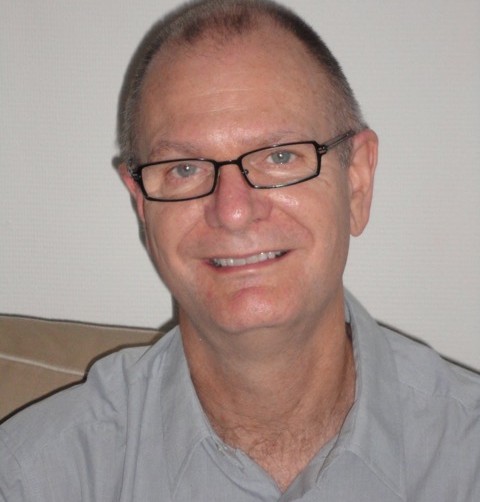- |
- Category: Allience for Dialogue
The Budapest Centre for Mass Atrocities Prevention would like to share the unofficial translation of the article By Dialogue Against Hate, written and posted by Gyorgy Tatar, Chair of the Budapest Centre, in his private Facebook page on 23 November, 2021.
You can read the article here.
You can read the article here.
- |
- Category: Allience for Dialogue
DIALOGUE AS A TOOL FOR ADDRESSING MASS ATROCITIES
The Budapest Centre for the International Prevention of Genocide and Mass Atrocities considers dialogue, dialogue processes and the facilitation of dialogue as a strategic tool for peaceful conflict transformation which can help produce long-term and sustainable solutions and fundamental societal changes. Furthermore, the dialogue processes can be an extraordinarily effective instrument in handling situations at risk related to mass atrocities.- |
- Category: Allience for Dialogue
A new article by our Policy Adviser on Programmes for Dialogue, Mark Barwick, on the role of Dialogue and the Prevention of Mass Atrocities
- |
- Category: Allience for Dialogue
Prevention of Mass Atrocities in Practice
“Difficult Dialogues”
European colloquium on dialogue facilitation
organized by
The Budapest Centre for the International Prevention of Genocide and Mass Atrocities and School of Public Policy’s Centre for Conflict, Negotiation and Recovery
in partnership with
the Nansen Center for Peace and Dialogue and the Friedrich Ebert Stiftung
Report
by Hartley Millar
- |
- Category: Allience for Dialogue
Prevention of Mass Atrocities in Practice
“Difficult Dialogues”
European colloquium on dialogue facilitation
organized by
the Budapest Centre for the International Prevention of Genocide and Mass Atrocities and School of Public Policy’s Centre for Conflict, Negotiation and Recovery
in partnership with
the Nansen Center for Peace and Dialogue and the Friedrich Ebert Stiftung






